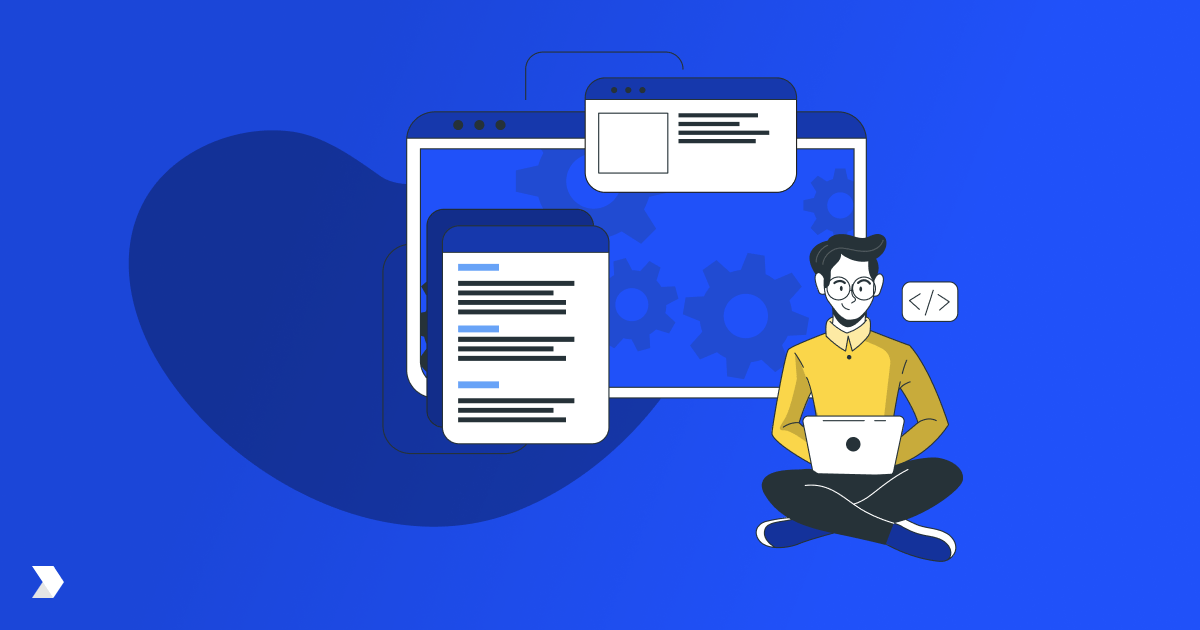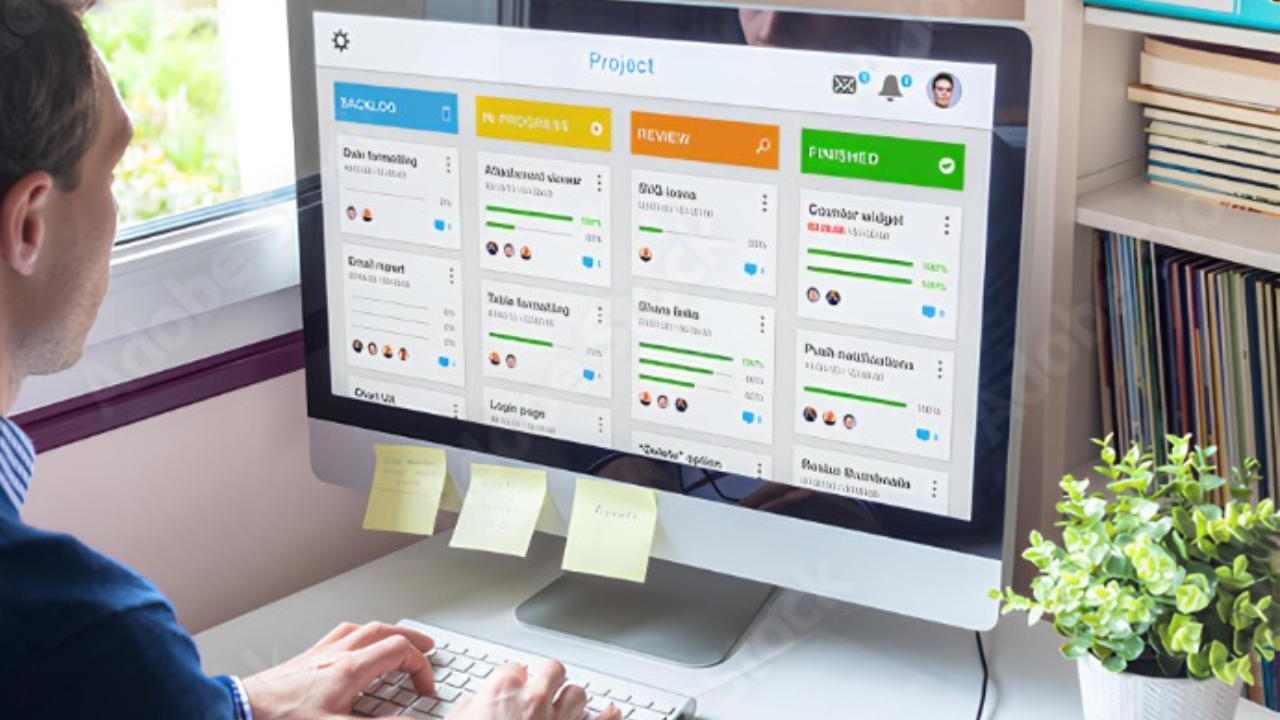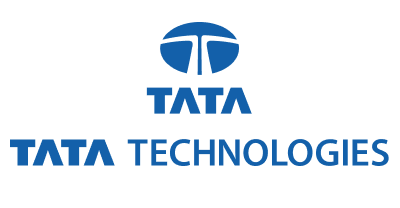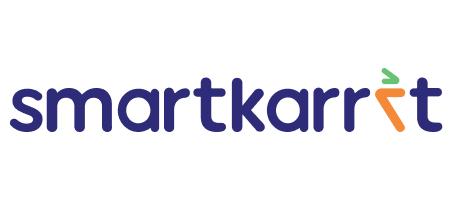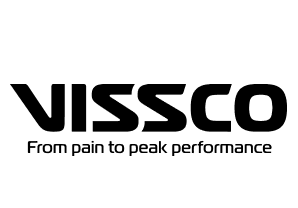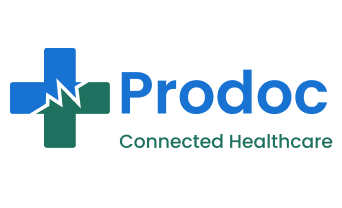MERN stack development is a popular web development approach that involves using four key technologies: MongoDB, Express.js, React.js, and Node.js. This technology stack enables developers to build high-performance web applications with ease. In this blog, we will provide an introduction to MERN stack development and explore the benefits of using it for web development.
MongoDB is a NoSQL database that stores data in JSON-like documents. Express.js is a web application framework for Node.js, which enables the development of server-side applications. React.js is a JavaScript library for building user interfaces, and Node.js is a JavaScript runtime for server-side applications.
Benefits of MERN Stack Development:
- Full-Stack JavaScript Development: MERN stack development is based on JavaScript, which means that developers can use the same programming language for both front-end and back-end development. This makes it easier to develop web applications and provides consistency throughout the entire development process.
- High Performance: The MERN stack is known for its high performance, thanks to its use of Node.js, which is a fast and efficient runtime for server-side applications. Additionally, React.js provides fast rendering and updates, resulting in a smooth and fast user experience.
- Scalability: MERN stack applications are highly scalable and can handle large amounts of data and traffic. This is due to the use of MongoDB, which is a scalable NoSQL database that can handle large amounts of data.
- Flexibility: MERN stack development is highly flexible, as developers can choose which components to use and how to configure them based on their project requirements.
- Rapid Development: MERN stack development allows for rapid development due to the use of open-source technologies and reusable components. This enables developers to quickly build and deploy web applications.
Best practices for MERN stack development.
- Use Modular Code: Break your code down into modular components that can be reused across your application. This will make your code more maintainable and easier to understand.
- Follow RESTful API Design: When building your API, follow RESTful design principles, which ensure that your API is easy to use, scalable, and follows best practices for web development.
- Implement Authentication and Authorization: Protect your application and its data by implementing authentication and authorization. This will prevent unauthorized access to your application and ensure that your data is secure.
- Use a Testing Framework: Implement testing in your development process to ensure that your code is reliable and free from bugs. Use a testing framework like Jest to automate testing and ensure that your code is working as intended.
- Use Git for Version Control: Use Git to manage your code and keep track of changes. This will help you revert to previous versions if something goes wrong and enable collaboration with other developers.
- Use a Package Manager: Use a package manager like NPM or Yarn to manage dependencies and make it easier to install and update packages.
- Implement Error Handling: Implement error handling throughout your application to ensure that your users receive informative error messages and that your application can handle errors gracefully.
- Use Performance Optimization Techniques: Use techniques like caching and lazy loading to optimize the performance of your application. This will improve the user experience and ensure that your application can handle high levels of traffic.
- Follow Security Best Practices: Implement security best practices throughout your application, including encryption, input validation, and secure storage of sensitive data.
- Document Your Code: Document your code to make it easier for other developers to understand your code and collaborate with you. Use tools like JSDoc to generate documentation automatically.
Following these best practices will help you build reliable, scalable, and maintainable MERN stack applications. By using modular code, following RESTful API design, implementing authentication and authorization, using a testing framework, using Git for version control, using a package manager, implementing error handling, using performance optimization techniques, following security best practices, and documenting your code, you can build high-quality applications that meet the needs of users.

